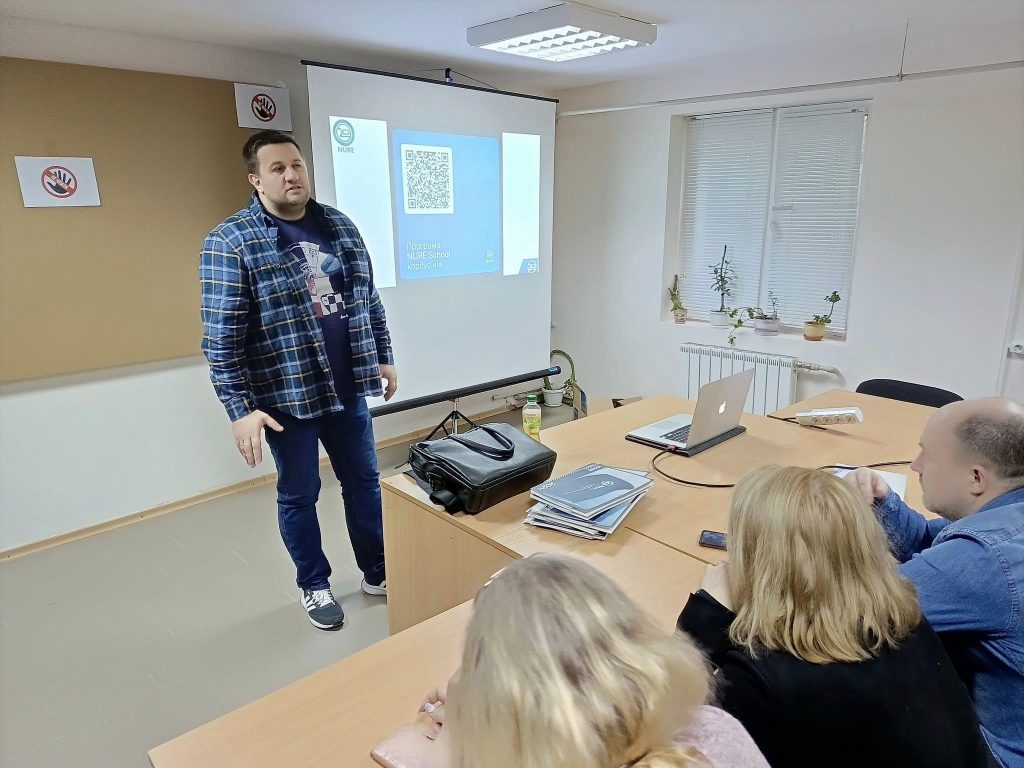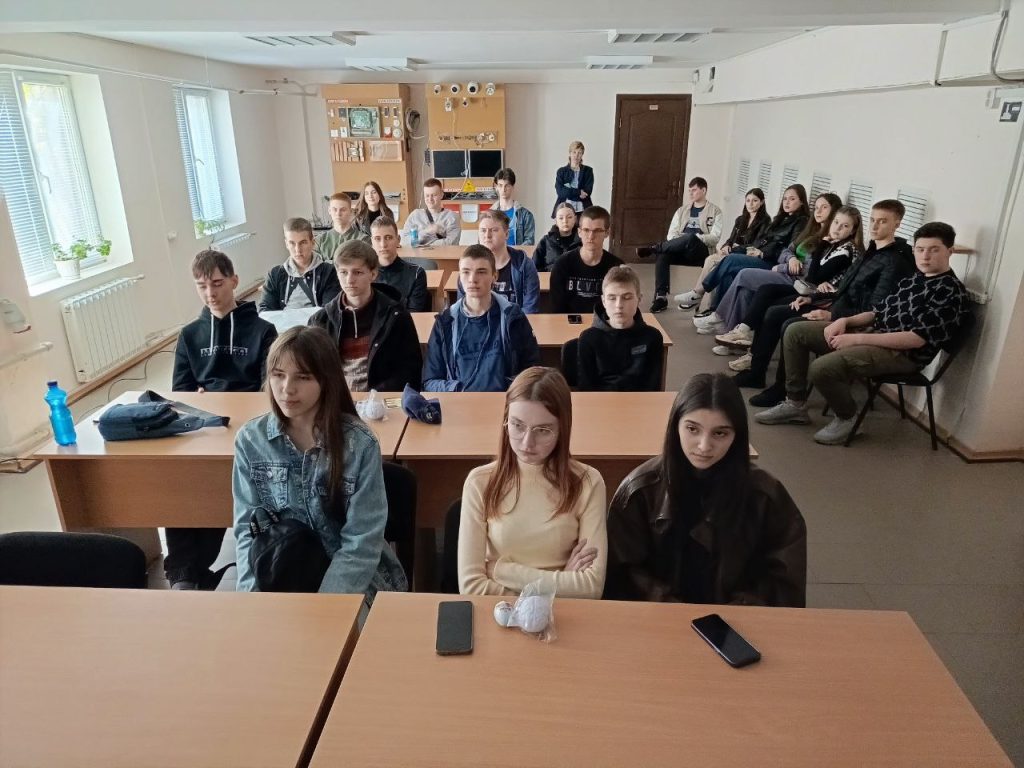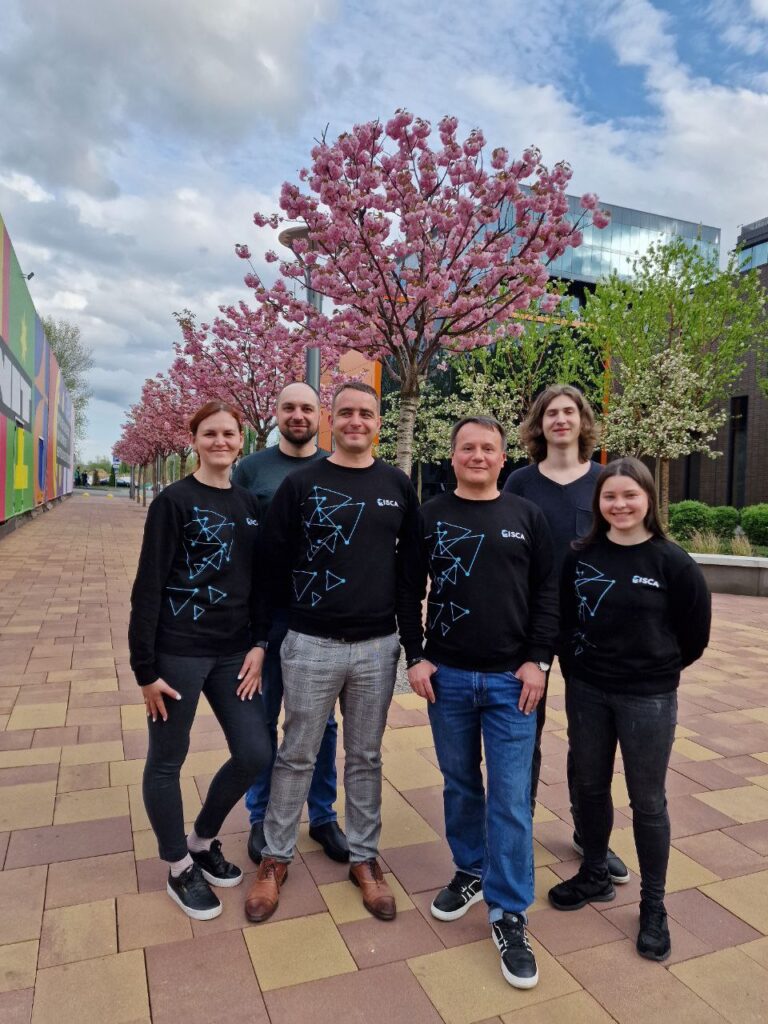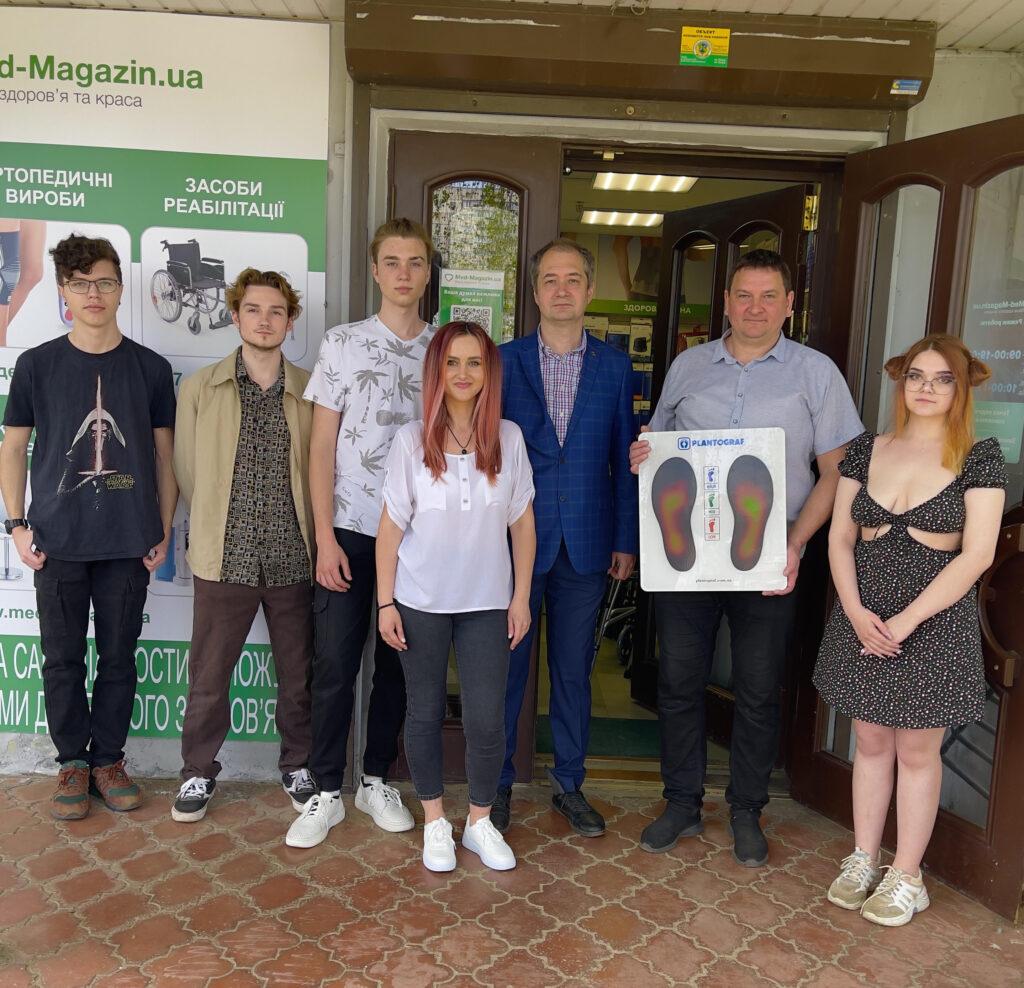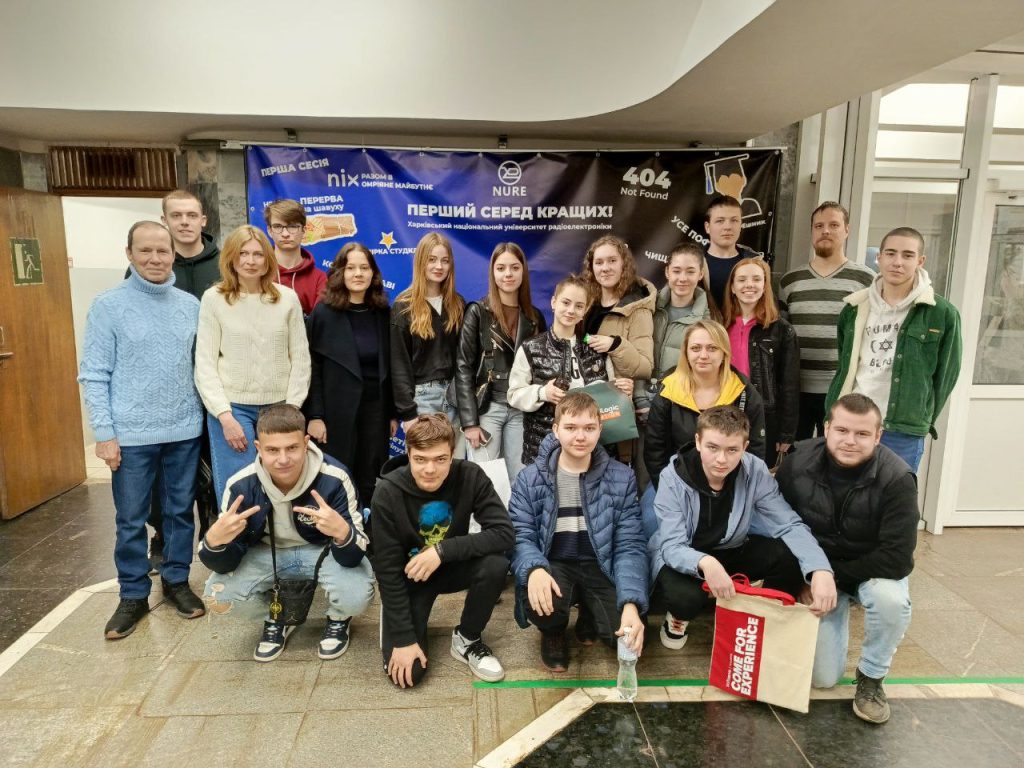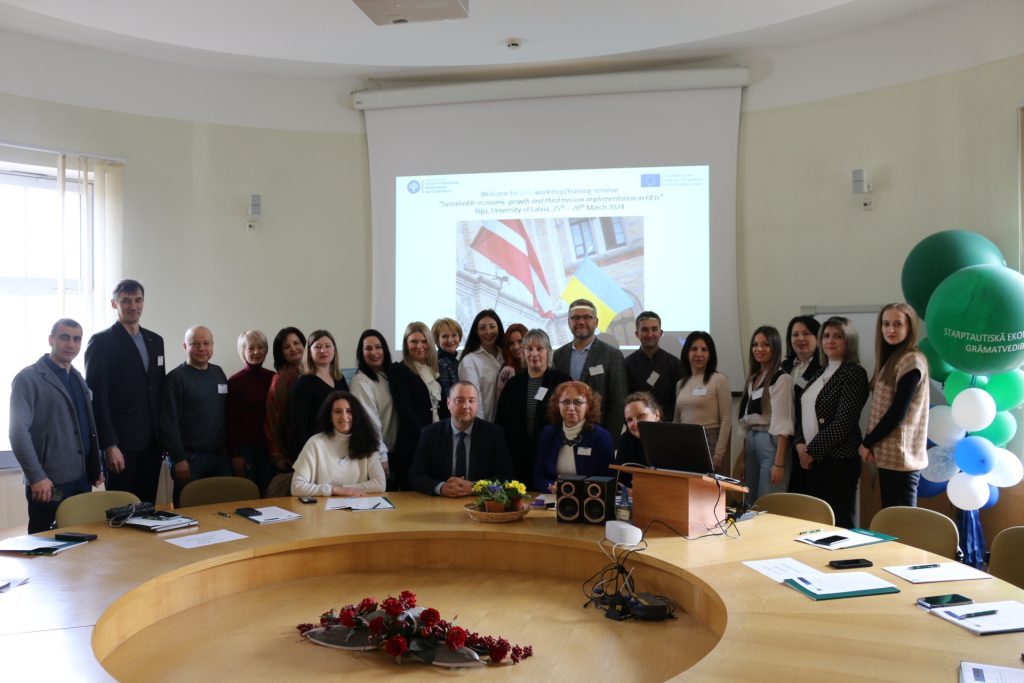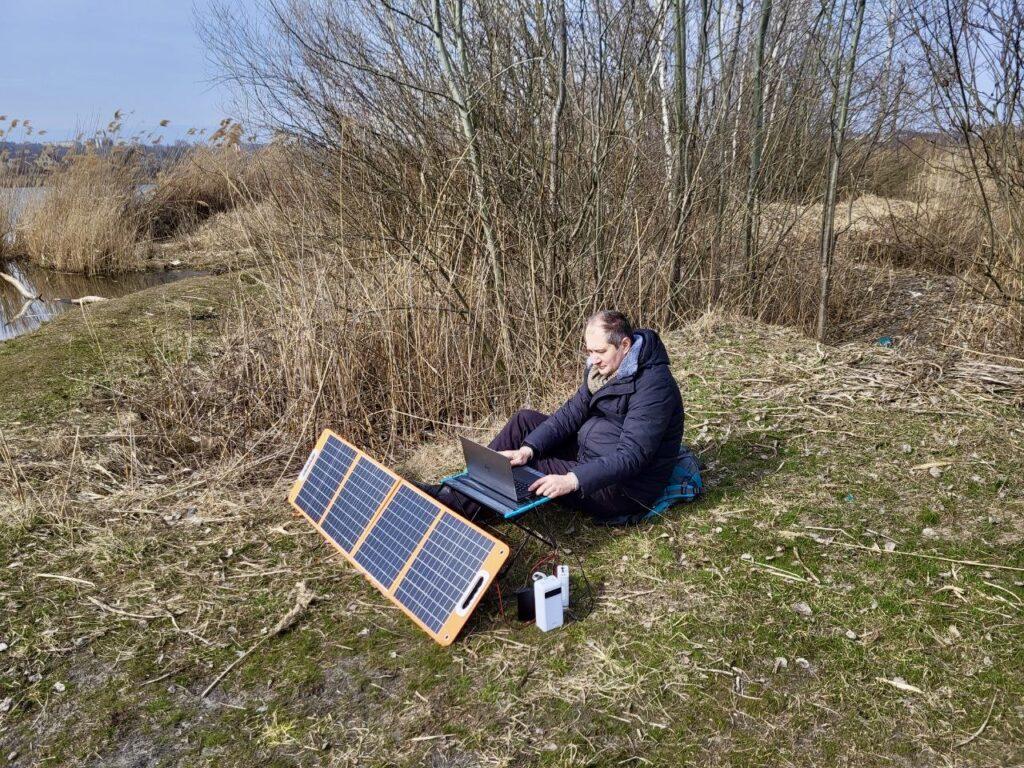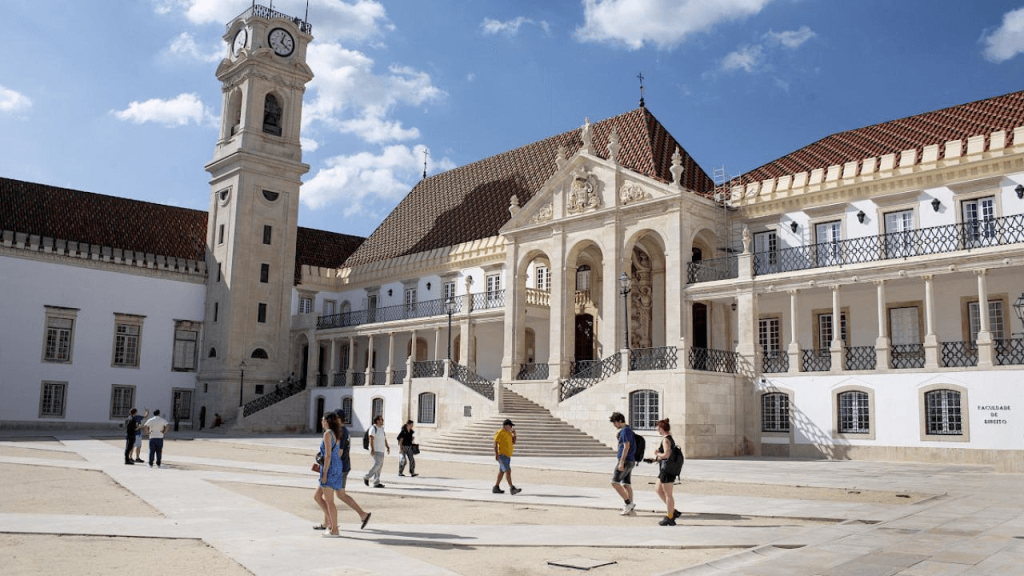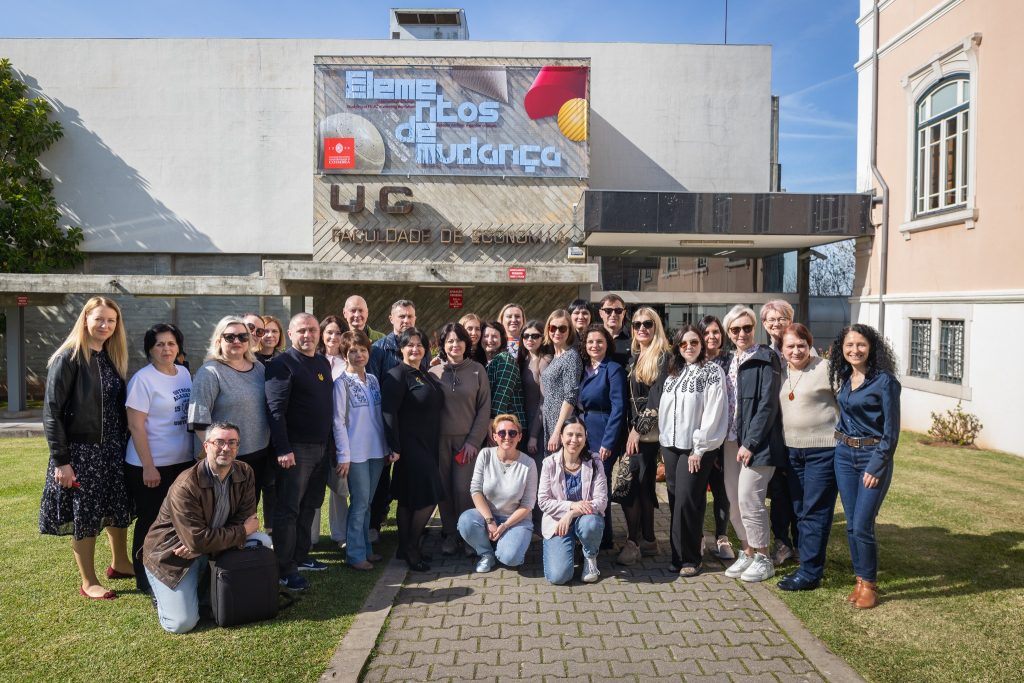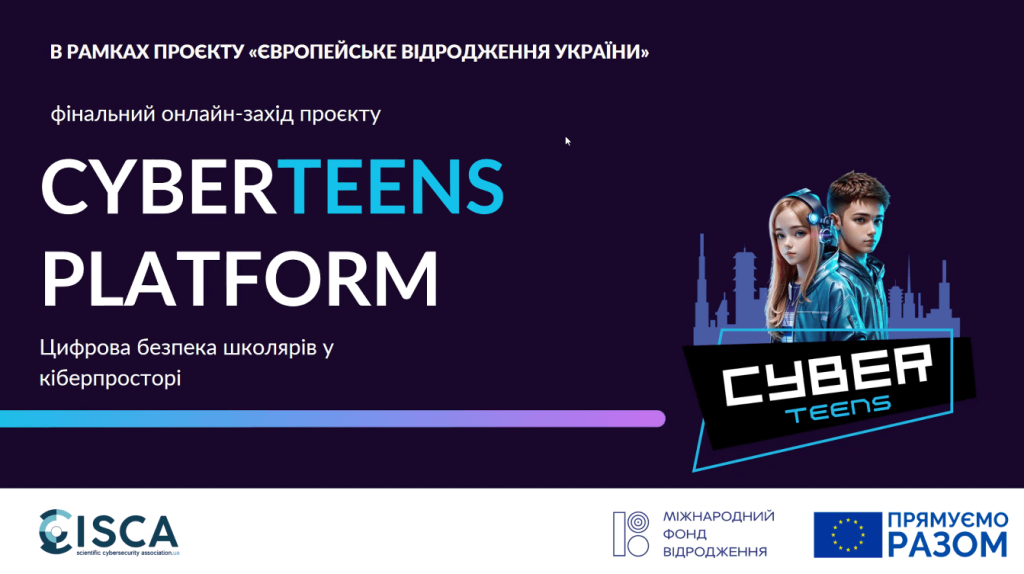SPRING IT HOLIDAYS AT METROSCHOOL31.03.2024
During martial law and remote education, live communication becomes extremely important, yet the online and offline experiences are radically different. An important advantage in the artificial, algorithmic, digital world is the opportunity to see something live, ask questions face-to-face, touch and explore with your own hands.
With the support of the Department of Science and Education of the Kharkiv Regional State Administration and in partnership with the Public Association ‘KHARKIV CLUSTER OF INFORMATION TECHNOLOGIES’, Kharkiv National University of Radio Electronics launched an educational project – Metro School from NURE. The goal of the Metro School from NURE project is to overcome digital socialisation and fulfil students’ need for social interaction. During the spring break, 30 useful and interesting offline master classes for schoolchildren in Kharkiv were held in the safe space of the underground classrooms by a team of specialists from NURE. The students were welcomed by Olga Shapoval, Executive Director of the Kharkiv IT Cluster, and Igor Ruban, Acting Rector of NURE. Representatives of the admissions committee talked about the basic rules for admission to Kharkiv National University of Radio Electronics, educational programmes and the specifics of training specialists. Master classes were held on current trends in information technology, educational interactive activities, model assembly, and testing of various devices. Leading teachers demonstrated the latest equipment, robots, modern educational technologies, computer programs, and laboratory samples to the schoolchildren.Of course, the students enjoyed the interactive part of the event the most – quests, kahuts, quizzes and raffles. All schoolchildren received gifts from NURE and our partners – leading IT companies in Ukraine: NIX, Globallogic, SoftServe, and the Kharkiv IT Cluster.
In difficult times, First Among the Best continues its educational activities in the community.

